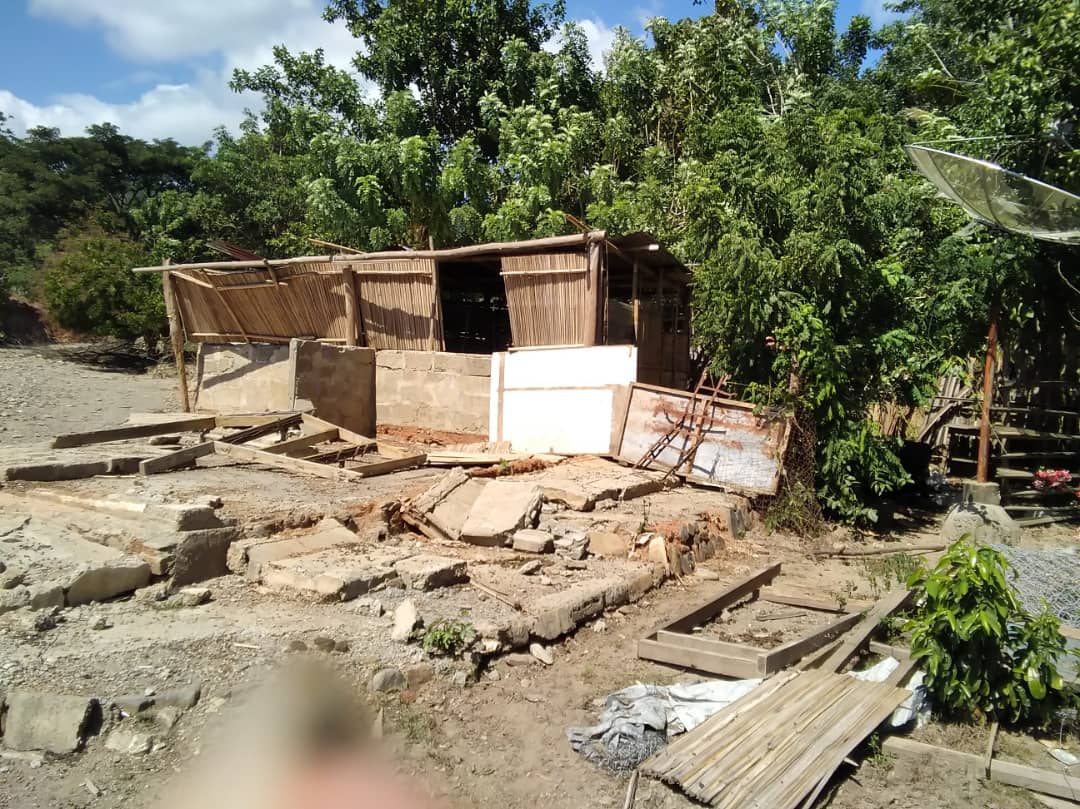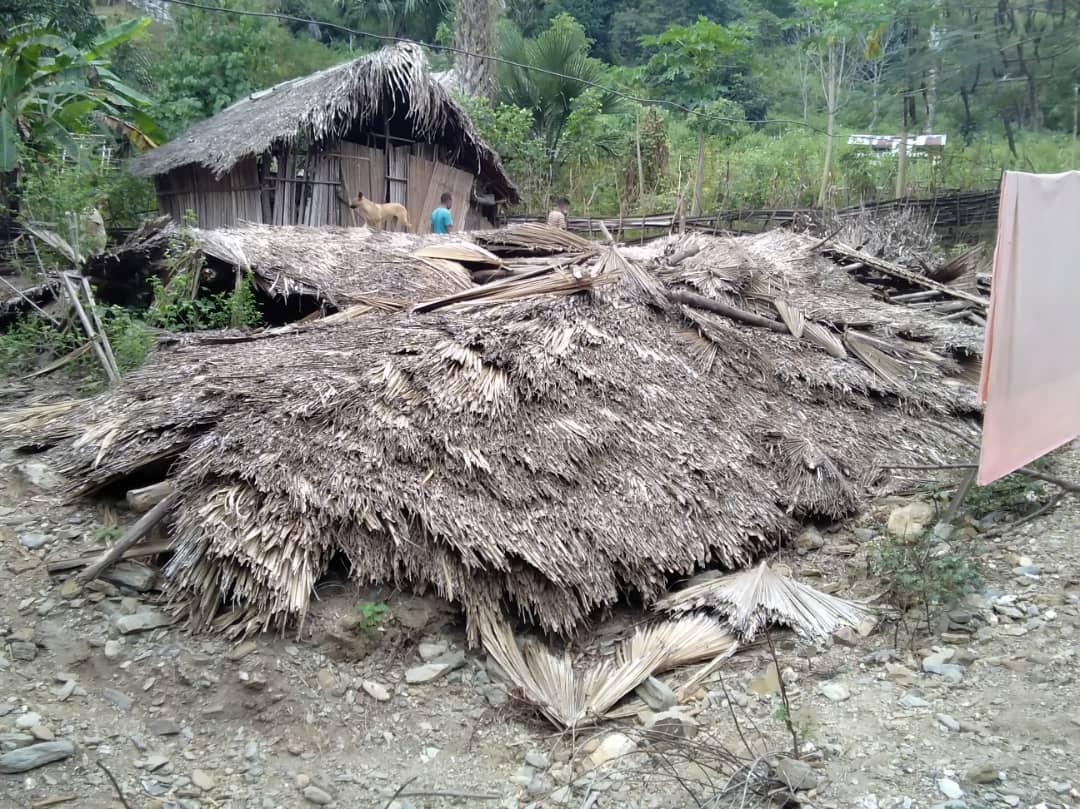The HBDA facilitated a framework for the assessment of flood and landslide damage on residential and non-residential infrastructures
How human-centred data is helping make evidence-based decisions post-Easter Floods
July 27, 2021
Household and Building Damage Assessment (HBDA)
In the aftermath of crises such as Tropical Cyclone Seroja, which caused significant damage across Timor-Leste over Easter weekend, Governments often need to make rapid decisions for recovery programming. In the absence of timely and accurate data, the prioritization of support to disaster-affected populations and restoration of damaged infrastructure, including residential and non-residential buildings can become particularly challenging. With this in mind, UNDP’s Crisis Bureau has developed, and already successfully applied around the world, an innovative and end-to-end digital toolkit which gathers essential information directly from those affected, providing key data which can help Governments make evidence-based policy decisions, to ensure that no one is left behind.
The Household and Building Damage Assessment (HBDA) in Dili
UNDP in Timor-Leste enlisted support from UNDP’s SURGE Data Hub for the Household and Building Damage Assessment (HBDA) Toolkit, a key instrument to collect evidence and information to support authorities in crisis-affected countries. In Timor-Leste, the HBDA facilitated a framework for the assessment of flood and landslide damage on residential and non-residential infrastructures, as well as livelihood impacts, needs and conditions of disaster-affected households. The HBDA’s survey was tailored to the country’s context and adapted to the local language of Tetum.
Twenty enumerators, working in pairs – one General Directorate of Statistics (GDS) representative and one engineering faculty representative from the National University of Timor-Leste (UNTL), collected sample data from 860 building sites in the five most-impacted municipalities in the country. Data collected on livelihoods, also helped to gain an understanding of crucial aspect such as post-disaster income decline, and negative impacts on businesses, identifying businesses that were temporary or no longer operational. In the case of flood-affected households, data collected also helped to identify priority needs such as water, shelter, and social protection schemes. Information was simultaneously collected on damaged buildings, capturing information including the damage to building components and utility systems.
The Household and Building Damage Assessment (HBDA) in Dili
The data collected showed how households developed and implemented coping and mitigating mechanisms, including where and which disaster-affected populations were displaced. In some cases, communities had to liquidate assets or to remove children from school, to cope with immediate impacts of the disaster.
The Household and Building Damage Assessment (HBDA) in Laclubar, Manatuto
In the aftermath of an event like Tropical Cyclone Seroja natural disaster, identifying those most vulnerable to the impacts of a disaster is a priority. In surveying residents from remote and rural areas of Timor-Leste the HBDA has given voice and visibility to vulnerable groups and promoted recognition to those that have been disproportionately impacted by the disaster. Teams from HBDA were, in some cases, the only contact some remote communities had after the floods. HBDA data reflects aspects such as gendered experiences, or the situation of households with people with disabilities. In some cases, data collected included impacts on agricultural and farming communities, with details on cultivated land or livestock that was lost.
The Household and Building Damage Assessment (HBDA) in Laclubar, Manatuto
With technical support from SURGE Data Hub, UNDP in Timor-Leste, in partnership with Universidade Nasionál Timór Lorosa'e (UNTL) and the General Directorate of Statistics (GDS)collected data that will go a long way towards helping improve the quality, reach, and overall impact of the Government's response after the Easter floods.
The Household and Building Damage Assessment (HBDA) team

 Locations
Locations





